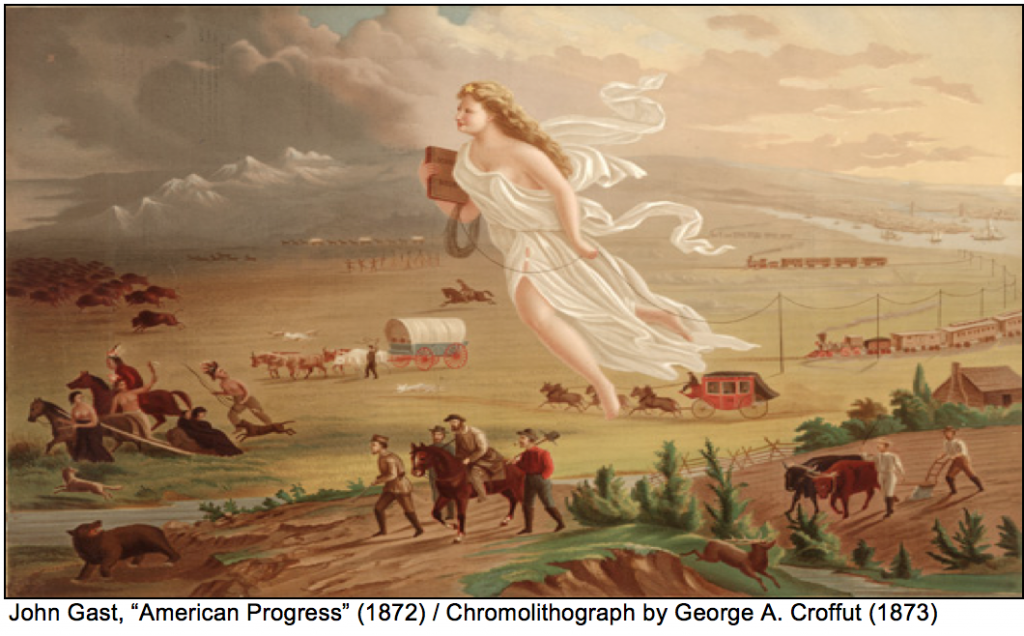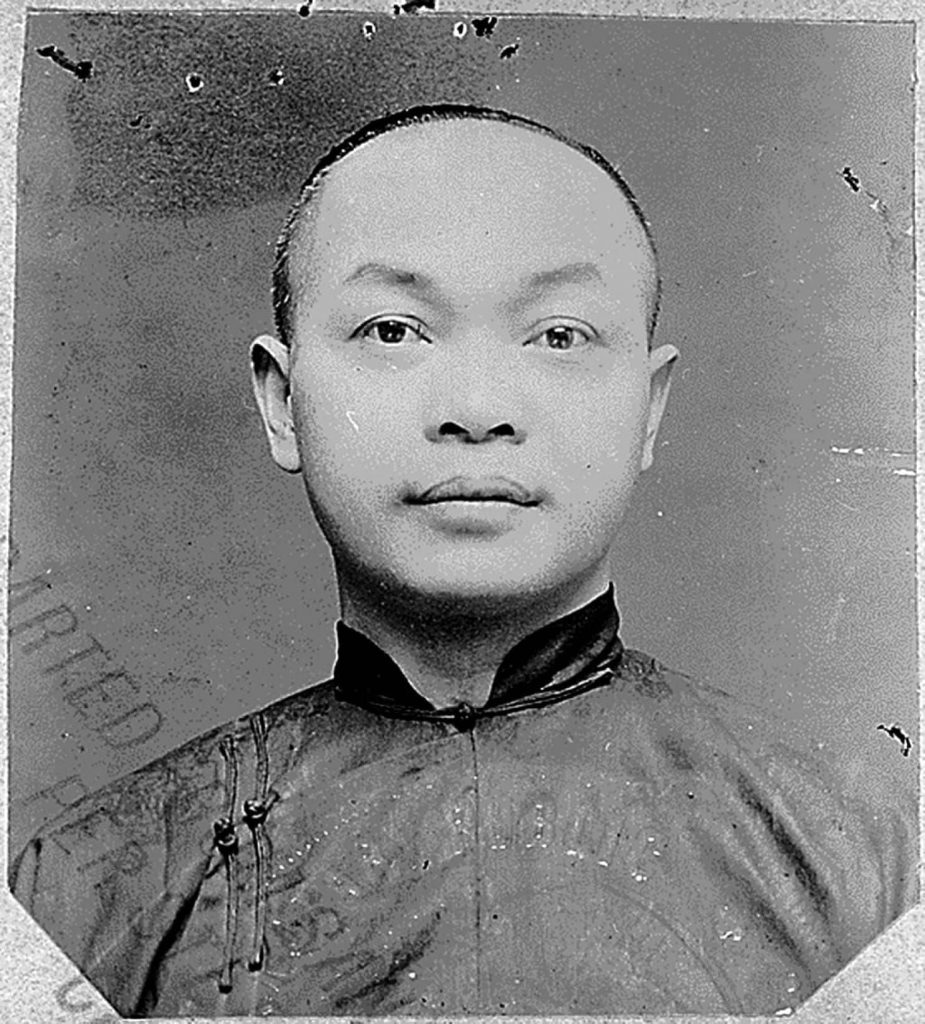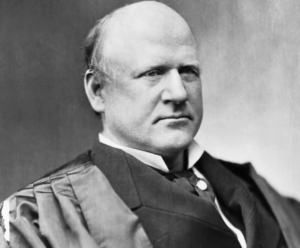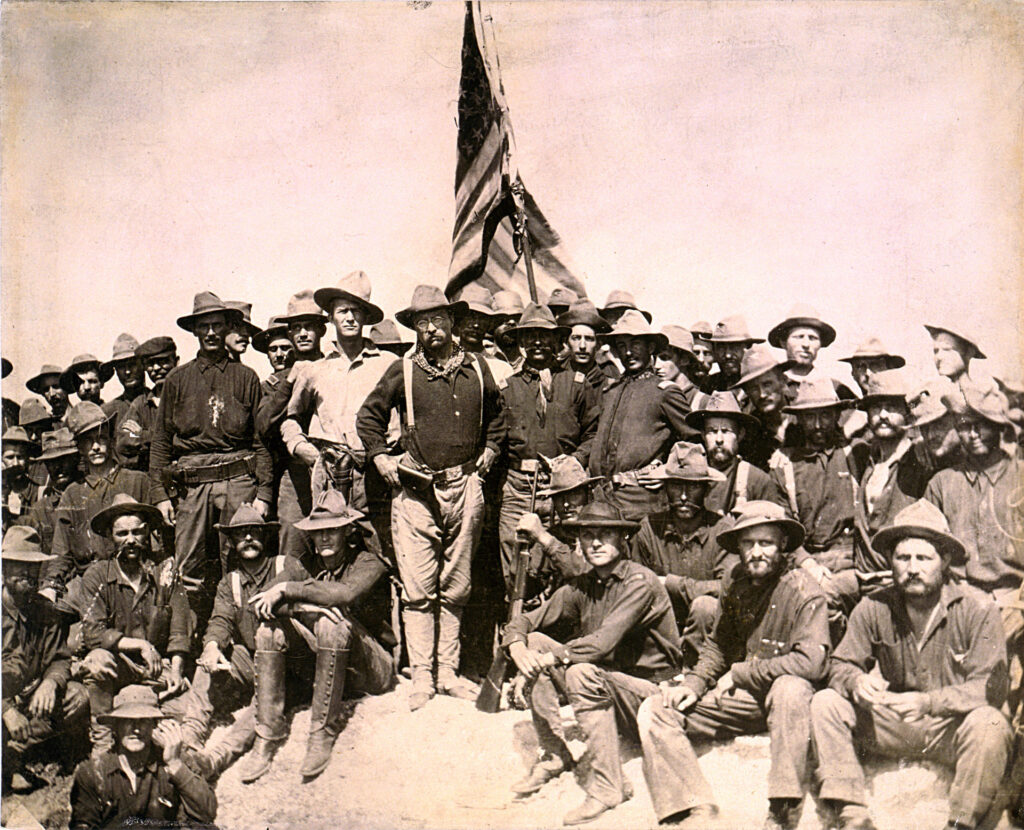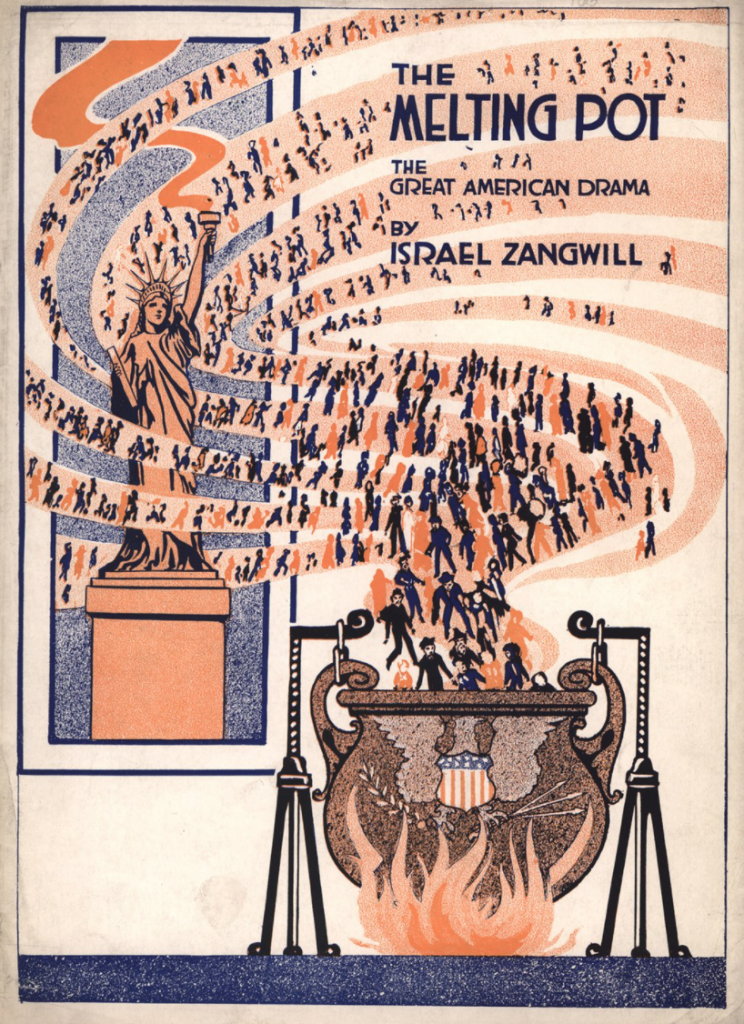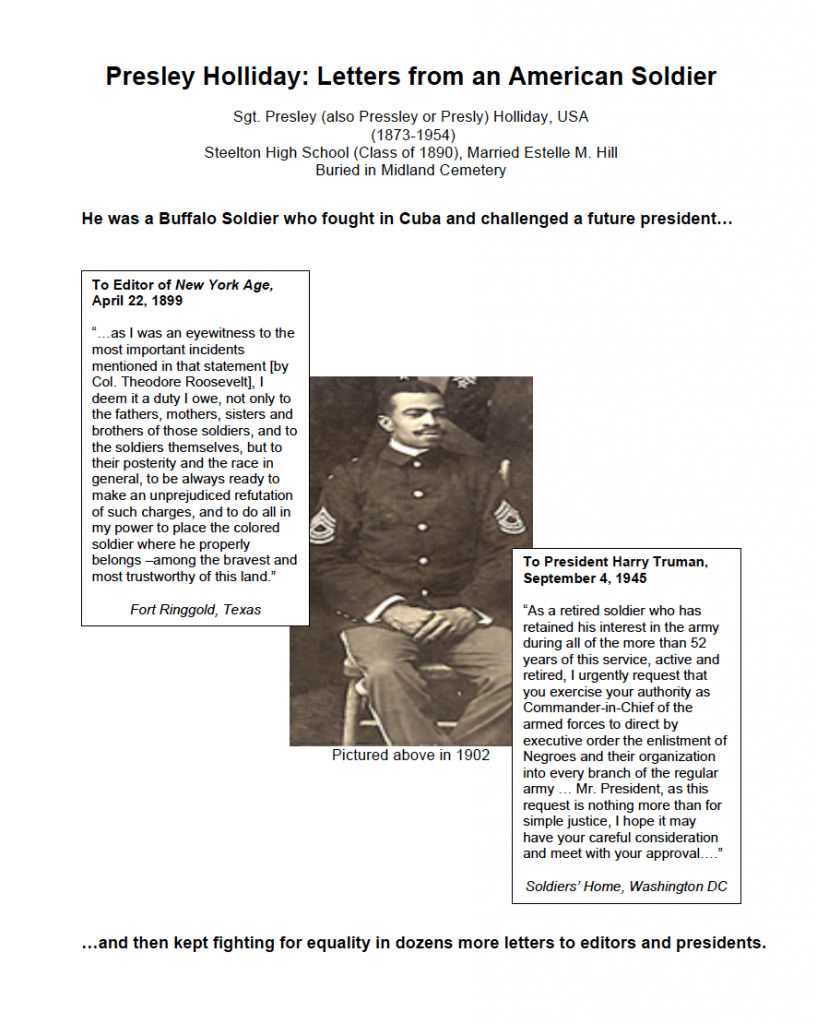Chinese Exclusion
During a 50-year period (from 1870-1920), over 25 million immigrants arrived in the US mostly from Southern and Eastern Europe (Yawp, chap. 19)
- First Chinese Exclusion Act (1882) (National Archives)
- Background on Wong Kim Ark, litigant in Supreme Court case (1898)
- Jonathan Katz, “Birth of a Birthright,” Politico (2018)
Plessy v. Ferguson (1896): “The white race deems itself to be the dominant race in this country. And so it is, in prestige, in achievements, in education, in wealth, and in power…. But in the view of the Constitution, in the eye of the law, there is in this country no superior, dominant, ruling class of citizens. There is no caste here. Our Constitution is color-blind and neither knows nor tolerates classes among citizens. In respect of civil rights, all citizens are equal before the law.” (Dissent by Justice John Marshall Harlan)
Wong Kim Ark (1898): “Generally speaking, I understand the subjects of the emperor of China—that ancient empire, with its history of thousands of years, and its unbroken continuity in belief, traditions, and government, in spite of revolutions and changes of dynasty—to be bound to him by every conception of duty and by every principle of their religion, of which filial piety is the first and greatest commandment; and formerly, perhaps still, their penal laws denounced the severest penalties on those who renounced their country and allegiance, and their abettors, and, in effect, held the relatives at home of Chinese in foreign lands as hostages for their loyalty. And, whatever concession may have been made by treaty in the direction of admitting the right of expatriation in some sense, they seem in the United States to have remained pilgrims and sojourners as all their fathers were.” —Fuller / Harlan Dissent in Wong Kim Ark (1898)
Theodore Roosevelt (1858-1919)
“Roosevelt’s nationalism expressed itself as a combative and unapologetic racial ideology that thrived on aggression and the vanquishing of savage and barbaric peoples. From the perspective of that ideology, it was vital that “Americans” cultivate their racial superiority and expel or subordinate the racial inferiors in their midst. Yet, Roosevelt also located within American nationalism a powerful civic tradition that celebrated the United States as a place that welcomed all people, irrespective of their nationality, race, and religious practice, as long as they were willing to devote themselves to the nation and obey its laws. Moreover, Roosevelt loved the idea of America as a melting pot-a “crucible”-in which a hybrid race of many strains would be forged. Mixing of this sort, Roosevelt believed, had created and would sustain American racial superiority. His affection for the melting pot expressed, too, the personal delight he took in crossing social boundaries and meeting diverse groups of people.” —Gary Gerstle
Progressives: Toward a new “manifest destiny”